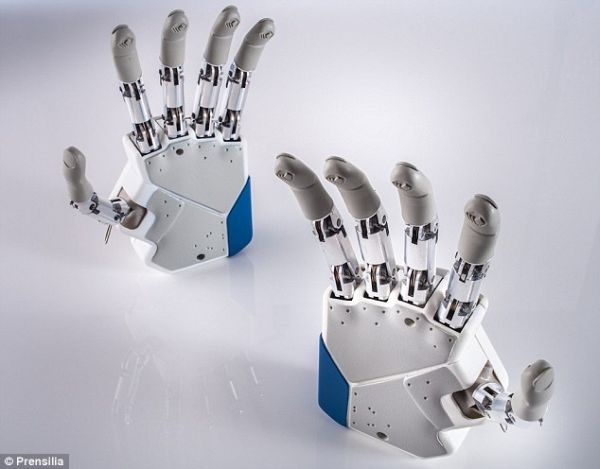Weekly Science Picks

It’s Sunday again! It’s our time to give a brief review of the most amazing science and technology news that have appeared on the web during this week. The task was quite challenging, but we made it. We proudly present you the top stories of this Weekly Science Picks.
Early universe ‘warmed up’ later than previously believed: Research suggests a way to detect the earliest black holes
A new study reveals that black holes, formed from the first stars in our universe, heated the gas throughout space later than previously thought. They also imprinted a clear signature in radio waves which astronomers can now search for. The study is a major new finding about the origins of the universe.
Man gets bionic hand with sense of touch nine years after accident
A man who lost his left hand in a fireworks accident has described how he could feel things that he had not been able to feel for more than nine years after testing a bionic replacement with a sense of touch.
Is praising a child good or bad for them?
Your child presents you with their latest artistic creation. It’s a painting of a figure with very long thin legs, no body and big hair. It’s you. In the corner there’s a bit of yellow which you’re told is the Sun and beside it some patches of purple paint. If you’re being honest you’ve seen better, but as your child waits for your reaction, what do you say? “That’s amazing. It’s the best painting I’ve ever seen. It’s completely fantastic.” Your child beams as the picture is attached to the fridge door for the rest of the family to see.
Schizophrenia: Time to Flush the Meds?
Schizophrenia and related mental illnesses can have a devastating effect on people who suffer from them, often making it impossible for them to work or maintain normal social relationships. Antipsychotic drugs are usually the first line of defense, but they can have serious side effects. A new study concludes that psychological approaches could be an alternative for patients who either can’t or won’t take medication, although some critics continue to question the effectiveness of these interventions.
That’s all for this time. Please stay thirsty for new scientific stories and news!
 Follow
Follow